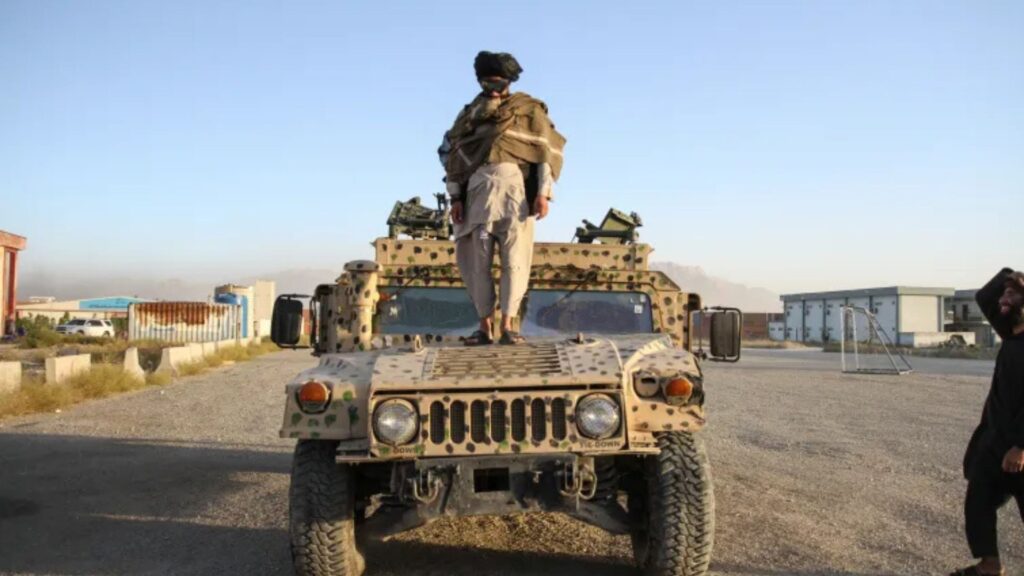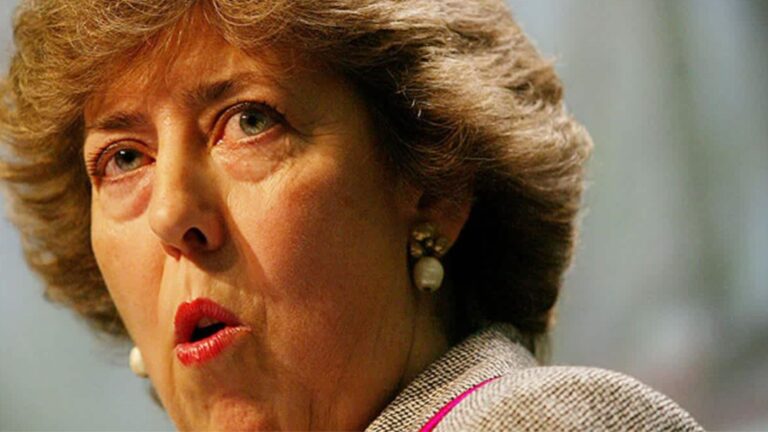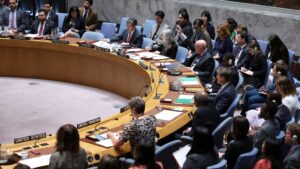
The Trump administration is engaged in preliminary negotiations with the Taliban to potentially reestablish a limited U.S. military presence at Bagram Air Base for counterterrorism operations, according to multiple reports. These discussions, led by Special Envoy for Hostage Response Adam Boehler, have been ongoing for months and encompass operational, diplomatic, and economic dimensions.
Scope of Negotiations and Strategic Value
According to The Wall Street Journal, talks cover using Bagram as a launch point for drone or manned counterterrorism missions, potential prisoner exchanges, and economic cooperation. President Trump publicly confirmed the discussions on Thursday alongside British Prime Minister Keir Starmer, stating, “We’re trying to get it back because they need things from us. We want that base back,” and highlighting its proximity to China’s nuclear weapons sites—“an hour away from where China makes its nuclear weapons” (Reuters).
Taliban Rejection and Diplomatic Response
Taliban officials have firmly rejected any U.S. military presence. Afghan Foreign Ministry official Zakir Jalaly posted that “Afghanistan and the United States need to interact with each other… without the United States having any military presence anywhere in Afghanistan,” adding that relations should be “based on mutual respect and shared interests.” Deputy Minister Muhajer Farahi further underscored their stance with defiant poetry referencing resistance to foreign forces (Al Jazeera).
Strategic Motivations and Historical Context
CNN reports that Trump’s national security team has explored reclaiming Bagram since March 2025, viewing it as crucial for monitoring China, accessing Afghanistan’s mineral resources, and targeting ISIS. Bagram—located 40 km north of Kabul—was the largest U.S. installation during the 20-year war and hosted a notorious detention facility. It was abandoned during the 2021 withdrawal.
Diplomatic Nuance and Global Reactions
The Pentagon has remained circumspect, with spokesman Sean Parnell noting the Defense Department “routinely reviews how [it] would respond to a variety of contingencies” and stands “ready to execute any mission at the President’s direction.” China’s Foreign Ministry spokesperson Lin Jian emphasized that Afghanistan’s future “should be held in the hands of the Afghan people.” Recent engagements include meetings between Boehler, former U.S. envoy Zalmay Khalilzad, and Taliban Foreign Minister Amir Khan Muttaqi, focusing on detained Americans. The U.S. still does not formally recognize the Taliban government it left power in 2021 (AA News).










